A new SPS agreement is designed to cut red tape and costs for exporters. It’s come too late for some, but ministers promise a ‘transformative impact’
Keir Starmer hailed the impact of the UK’s ‘reset’ deal with the EU in May. It included a new sanitary & phytosanitary (SPS) agreement, which promised to slash red tape for cross-border trade and “lower food prices at the checkout”.
The “win-win” agreement would offer “unprecedented access to the EU market, said the PM. It also stuck to the “red lines in our manifesto” about not rejoining the single market, the customs union or returning to freedom of movement, he said.
The end to the bureaucratic nightmare will be particularly welcome for smaller businesses, which lost significant chunks of their Continental business post-Brexit due to onerous paperwork and expensive export health certification. But there is still a potentially long wait for the deal to be implemented.
So, what can the dairy sector expect from the agreement, and when will its benefits actually be felt?
An export health certificate (EHC) costs between £113 and £200 for each cross-border shipment to the EU. So, costs have quickly racked up for the many dairy exporters sending modest amounts of produce, which often cost far less. Even sending samples has proven a challenge.
It was for this reason the Cheshire cheese Company sold up to larger rival Joseph Heler in 2023. It lost 20% of its sales overnight in the 2020 Brexit deal. Additional costs and bureaucracy had made exports – which represented a fifth of the business – “unviable”, MD Simon Spurrell told The Grocer at the time.
The deal with Nantwich-headquartered Joseph Heler reopened this market for Cheshire Cheese Company via its existing operations in central Europe.
“A fully implemented SPS deal would be the best news UK dairy exporters have had for years”
David Lockwood, Neal’s Yard Dairy
It wasn’t the only EU exporter to make big changes. Many businesses had to set up an EU-based operation, or simply admit defeat.
The impact is clear to see in export figures. Total British agrifood exports to the EU have fallen by almost £3bn a year since Brexit was enacted in 2020. That’s according to a December 2024 report by the Centre for Inclusive Trade Policy.
Export volumes in dairy, meanwhile, are down by 7.5% when comparing 2016-19 averages with 2021-24, according to the FDF.
Chris Chisnall, sales & marketing director at Bradburys Cheese, says this was down to more than the additional cost of EHCs. Red tape “affected the supply chain in a number of ways”, he explains.
“The time it took to get product across the border became longer, for both exports and imports, with the cost and amount of resource required to complete paperwork going up both at our end and on the supplier end,” he adds.
How the new SPS deal will benefit dairy exporters
- Scrapping both the 100% documentary checks and up to 30% physical checks on exports
- Saving up to £200 in EHC and other costs
- Reduction in the time required to export to the Continent
- The government has expanded UK Export Finance’s capacity by £20bn to £80bn, to help more smaller exporters win business and increase sales overseas
- The total benefit of the SPS deal across the agrifood sector could add up to £5.1bn to the UK economy
Source: Defra
The regulatory chaos is summed up by Provision Trade Federation director general Rod Addy: “What previously took place over three days now takes the best part of a week if everything runs smoothly – longer if there is a hold-up at EU borders.”
Since UK producers no longer have full access to the EU Traces or rapid alert systems, they also “have to rely more on second-hand information to work out why products are being stopped and checked”, says Addy. “Often disproportionate samples for lab testing have been taken from export shipments, creating considerable further cost and waste. Smaller loads face the same costs as larger loads, so smaller companies are often unfairly penalised.”
On top of that, suppliers have faced higher transport costs and regulatory differences. The latter was most recently exemplified by the UK’s ban on unpasteurised cheese from France and Italy in June. An outbreak of lumpy skin disease led specialist cheesemongers to lose a significant proportion of their Continental cheese offers at a stroke.
The ban was “illogical”, La Fromagerie founder Patricia Michelson told The Grocer last month, pointing to the ongoing sales of the affected cheeses in Europe. She slammed Defra for the “unnecessary” duplication of already “robust” regulations in the EU.
‘Transformative impact’
The SPS deal looks to remove much of that friction. Checks at the border – British agrifood exports are currently subject to 100% documentary checks and up to 30% physical checks, says Defra – will be removed entirely.
Once the finer details of the deal are agreed, the government expects it will boost the UK economy by £5.1bn a year across all agrifood categories.
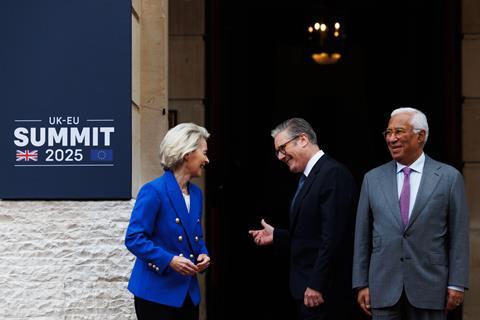
Minister for small businesses & exports Gareth Thomas hailed the “transformative impact” of the deal for exporters when talking to The Grocer in August. “One of the great frustrations” with the Trade & Co-operation Agreement made by the past government, “was they didn’t think through the implications”, he said. “This deal will be very significant in reducing some of the costs and then the challenge will be to try and help businesses regain their market share.”
The deal was also welcomed by industry bodies such as Dairy UK. CEO Judith Bryans hailed the potential return to “unencumbered trade” with the EU as “incredibly valuable for the dairy and agri-food sector”.
However, it’s not all plain sailing. Negotiations over the finer details are yet to fully kick off. The implementation of the SPS deal is not expected until at least 2027 – which means Northern Ireland’s Windsor Framework will remain in place for the time being. That is already leading to reports of a tightening in supply of some products in supermarkets.
This is too long a turnaround for many businesses, argues Neal’s Yard Dairy director David Lockwood. It has suffered fall in annual trade with the EU of between 15% and 20% compared with pre-Brexit levels. The delay means Neal’s Yard will miss out on two potentially lucrative Christmas trading periods before trade barriers are lowered.
Addy also urges the government to finalise the arrangements before 2027. Ultimately, a fully implemented SPS deal will be “the best news UK dairy exporters have had for years”, he says.
Its benefits, he insists, will “give the wider UK economy a much-needed shot in the arm”.







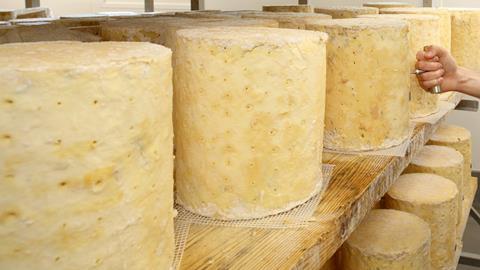
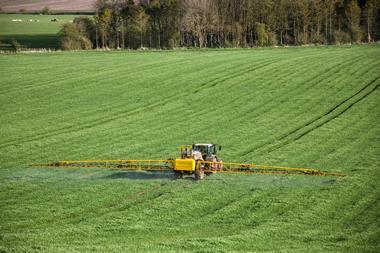
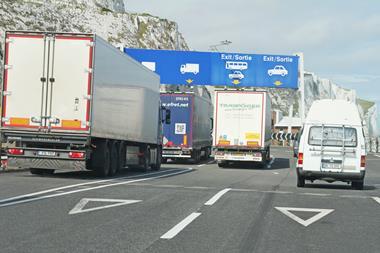
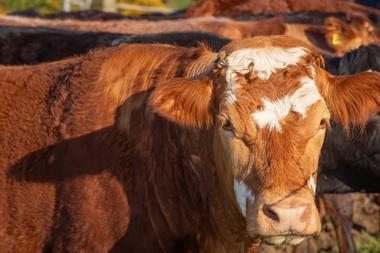
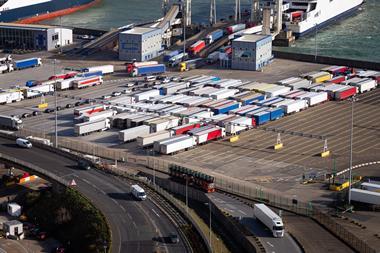
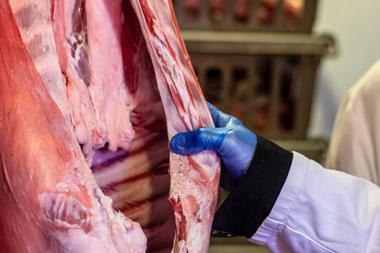
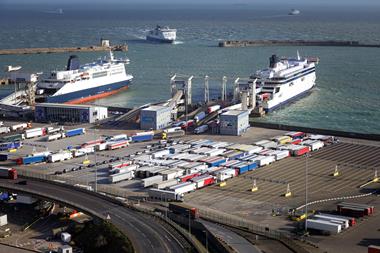






No comments yet